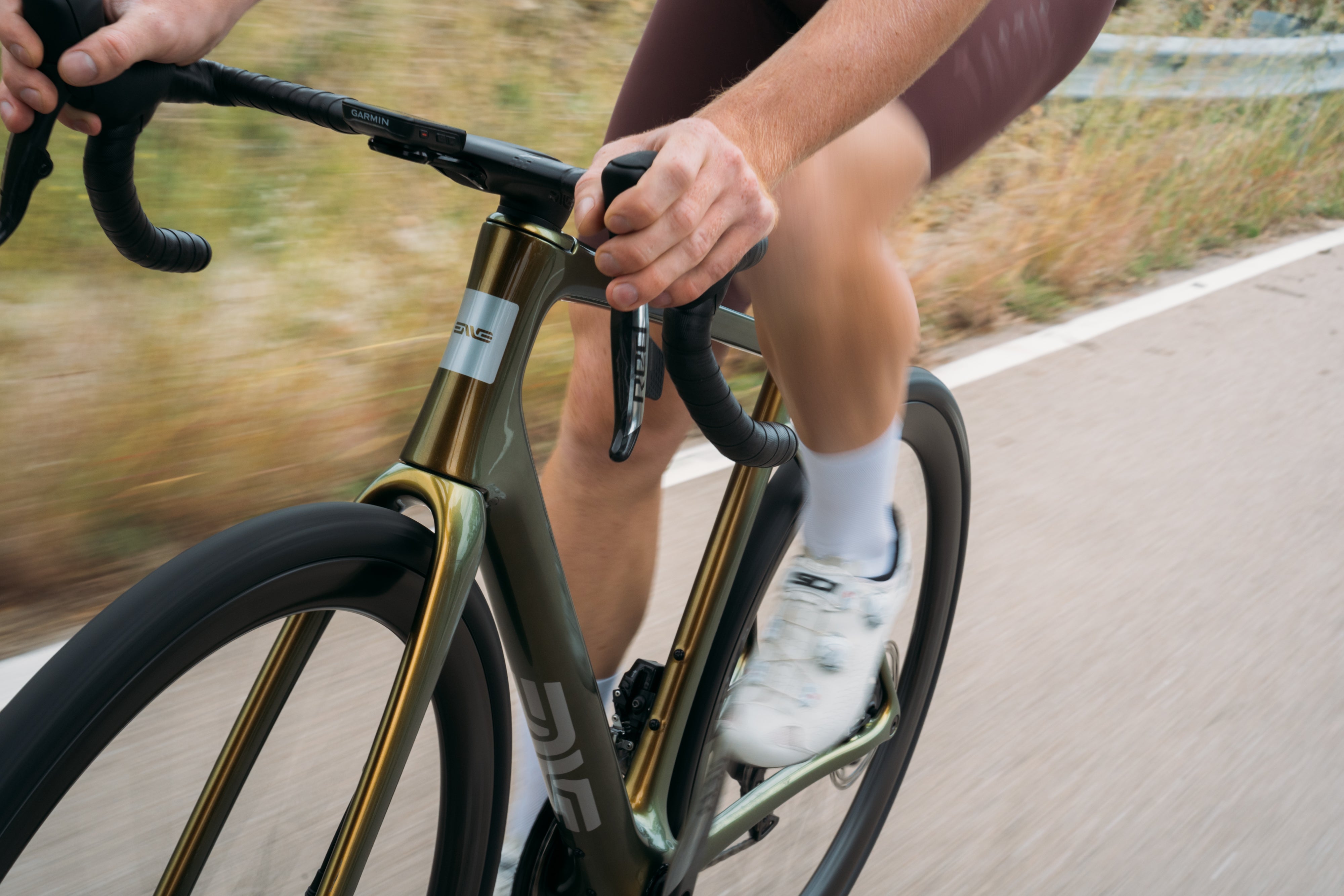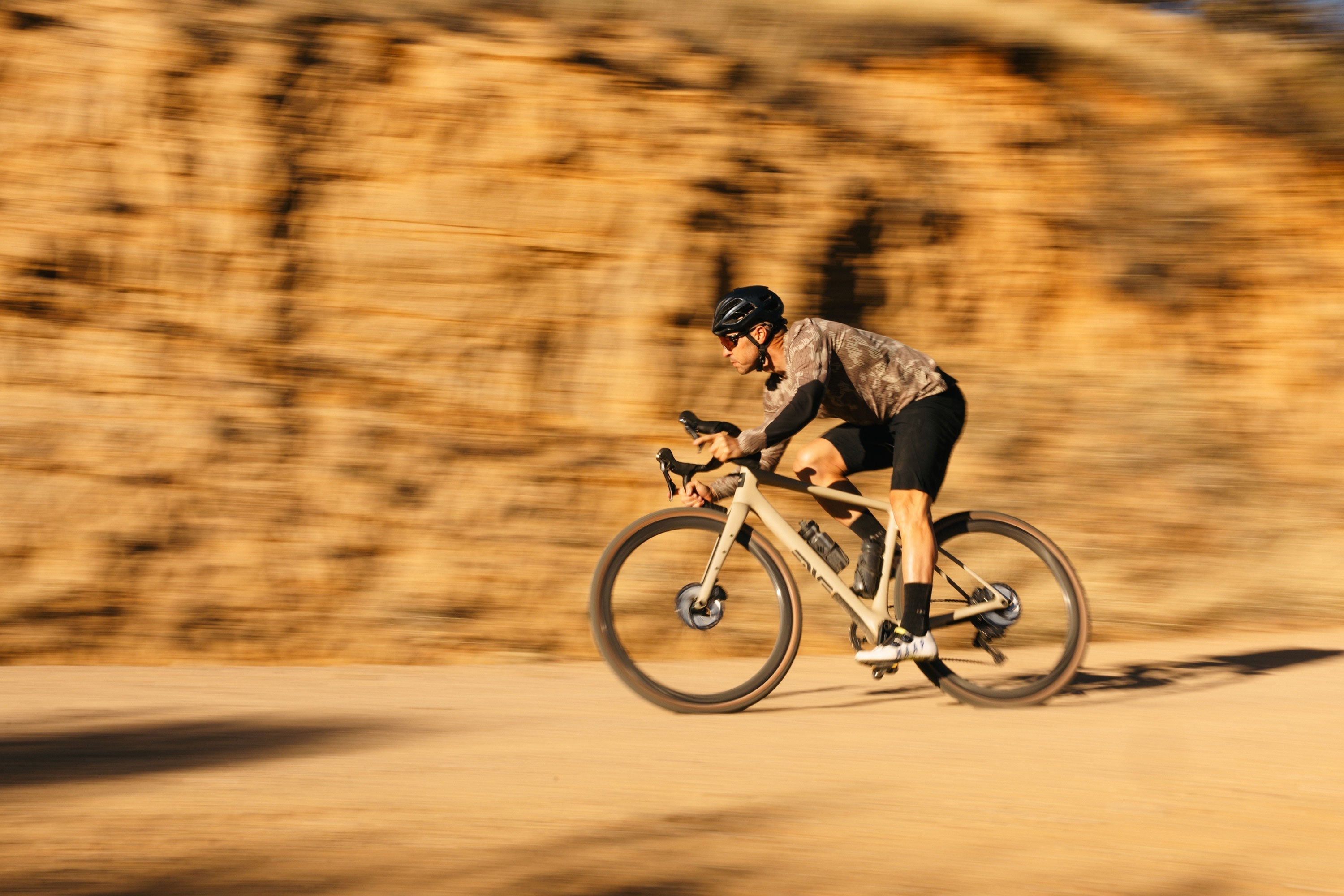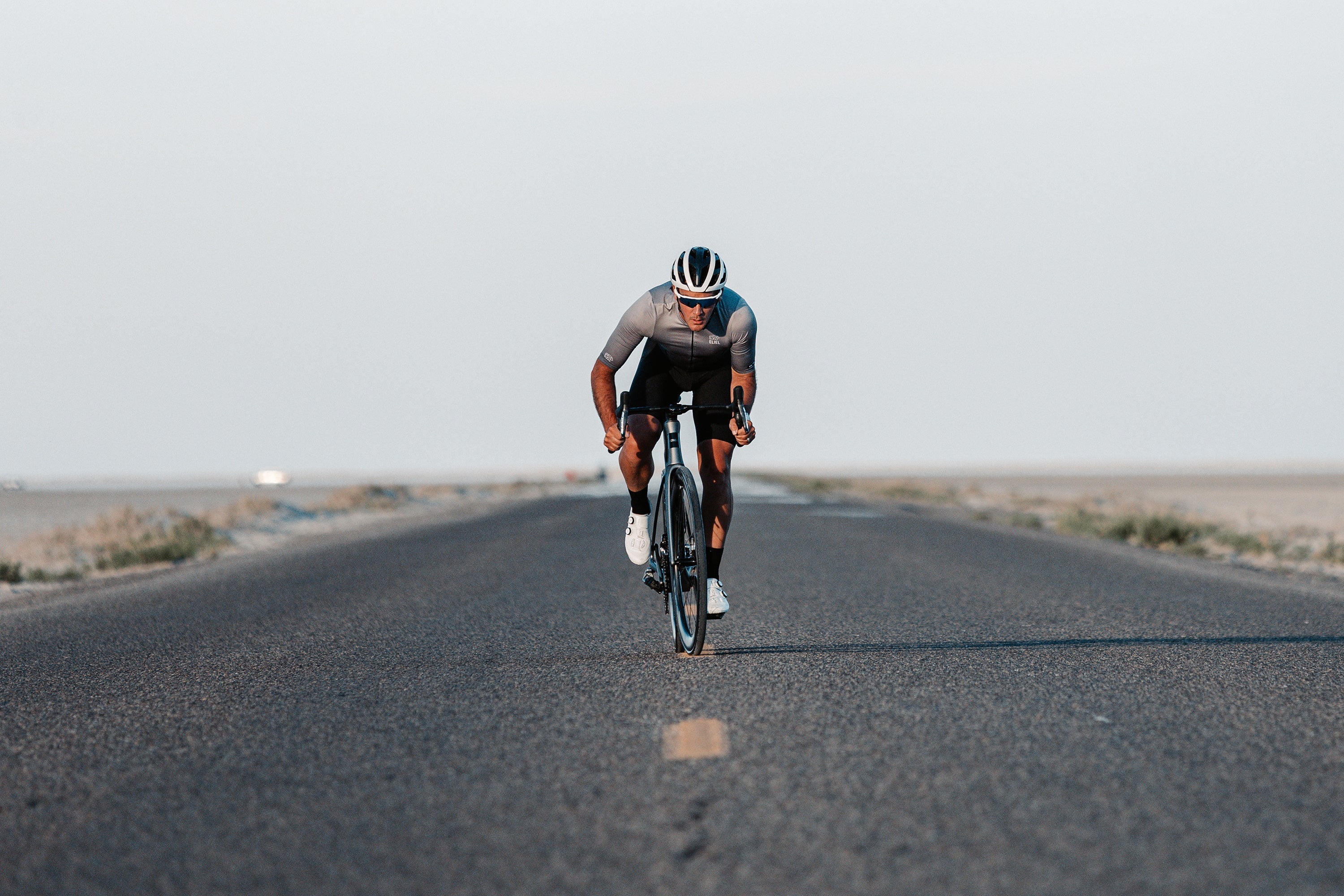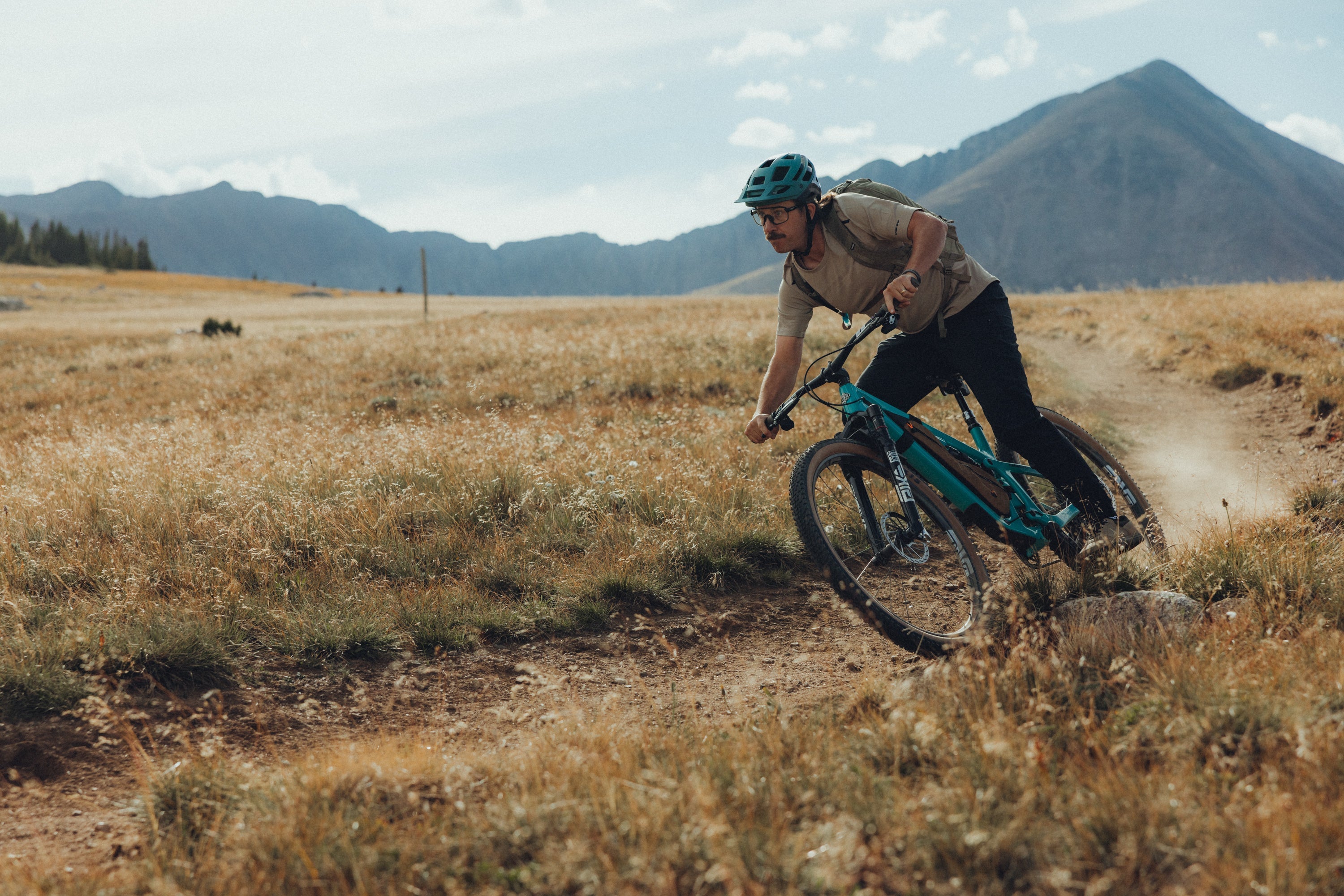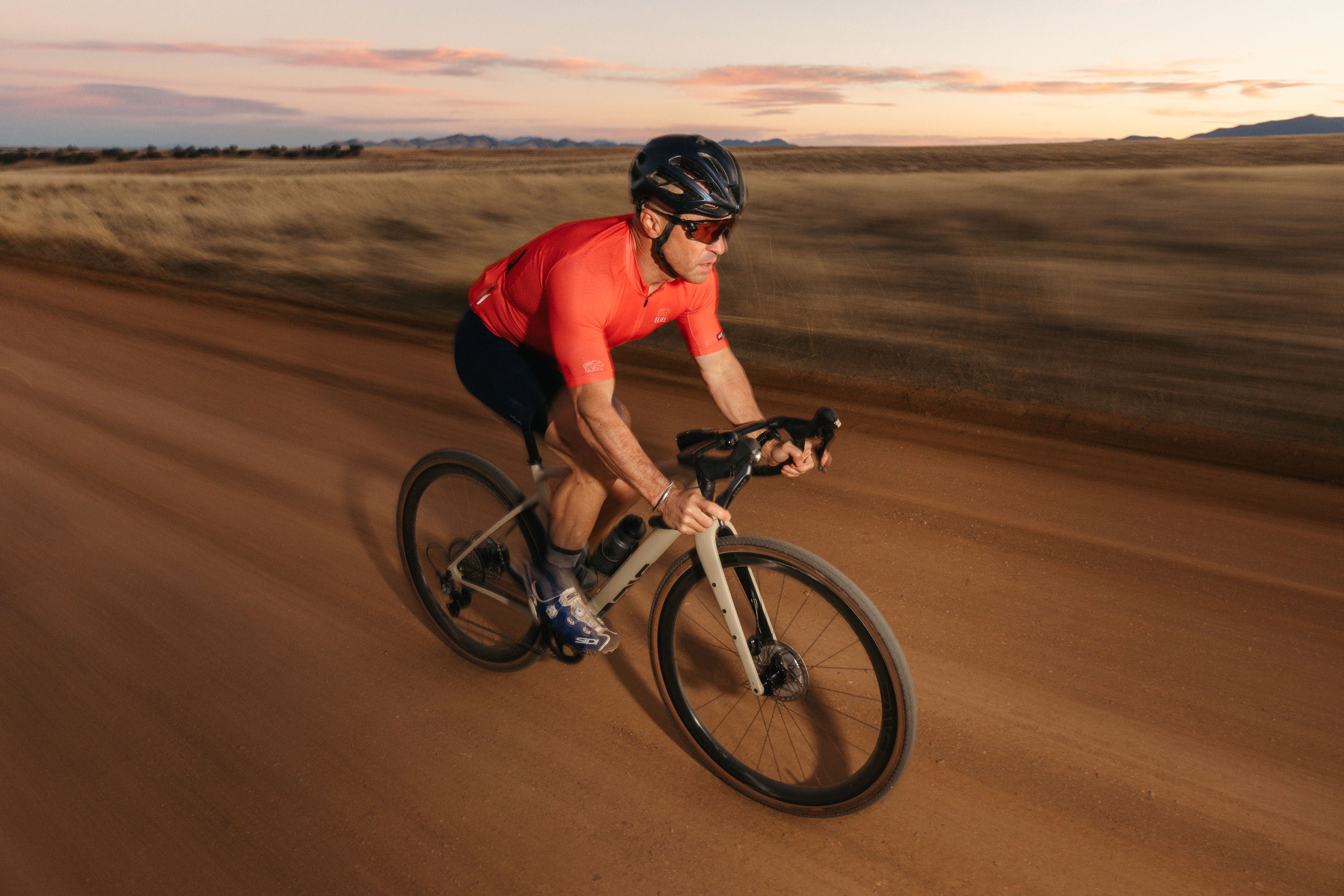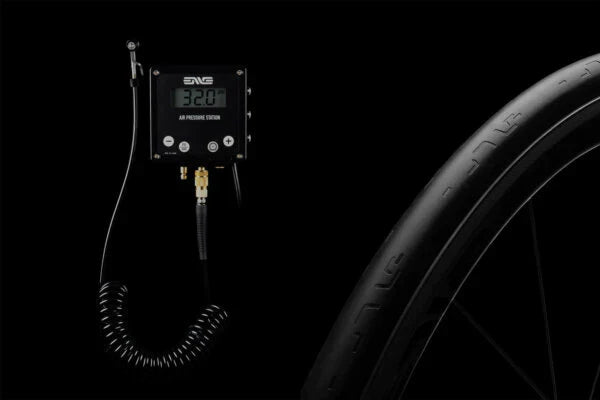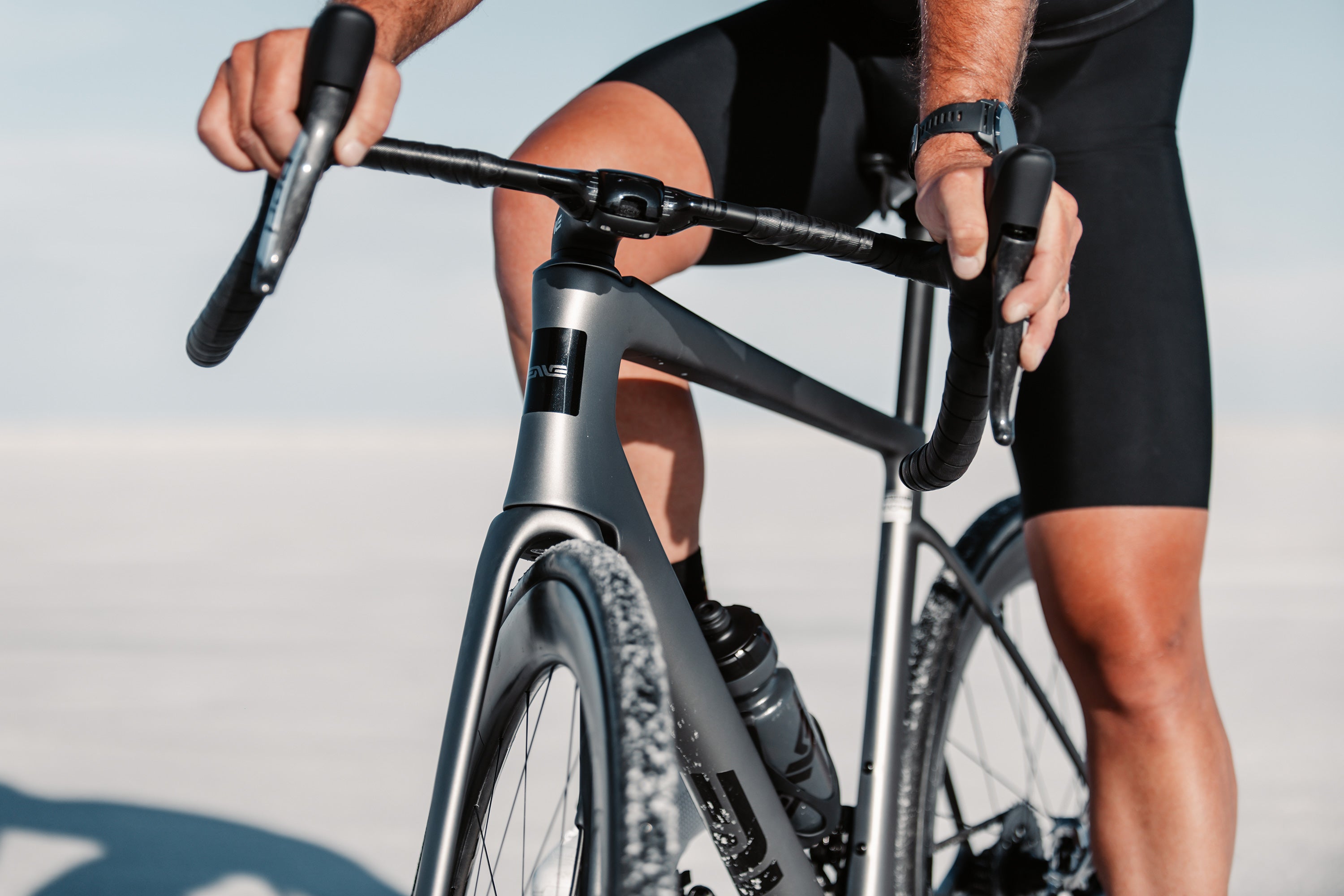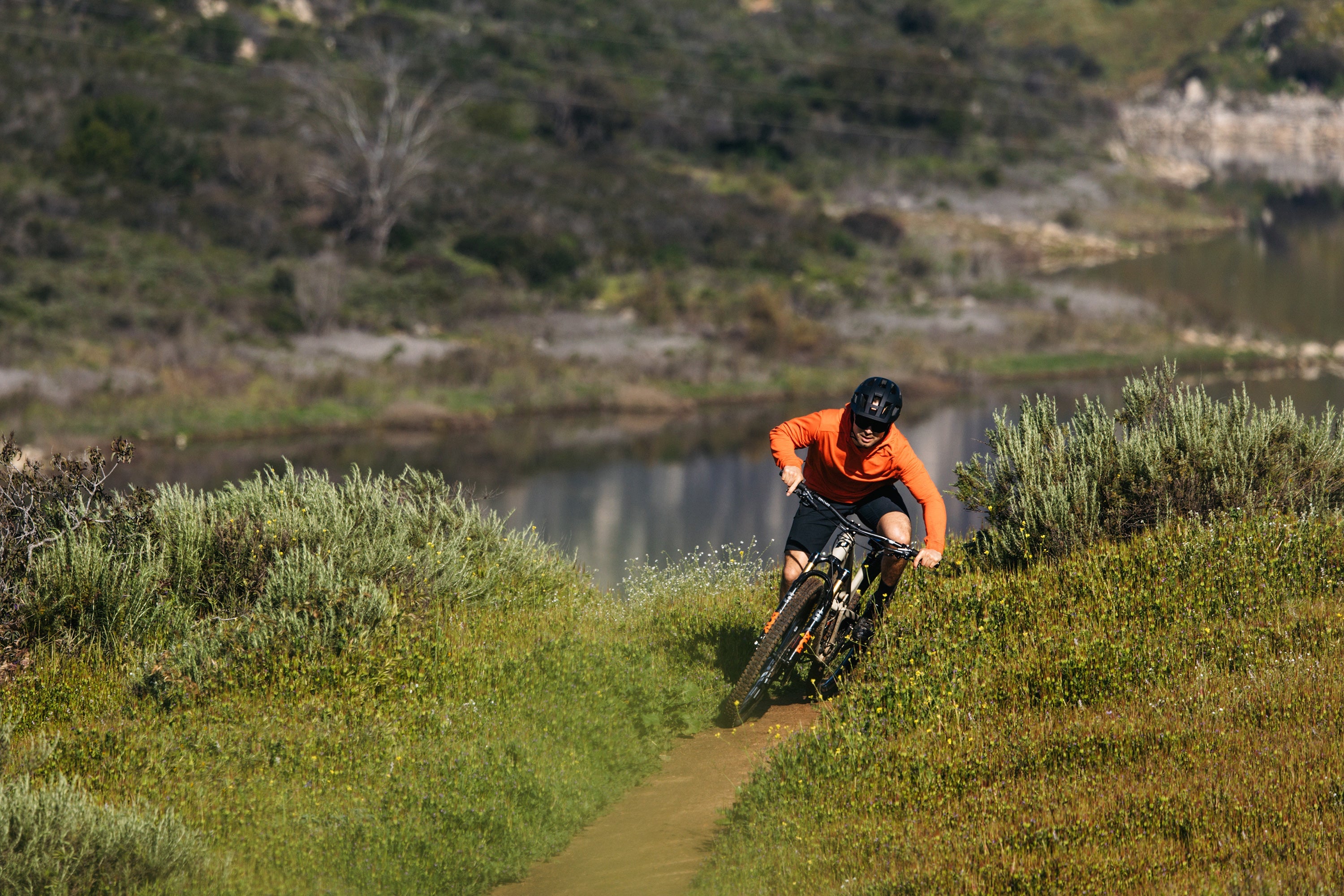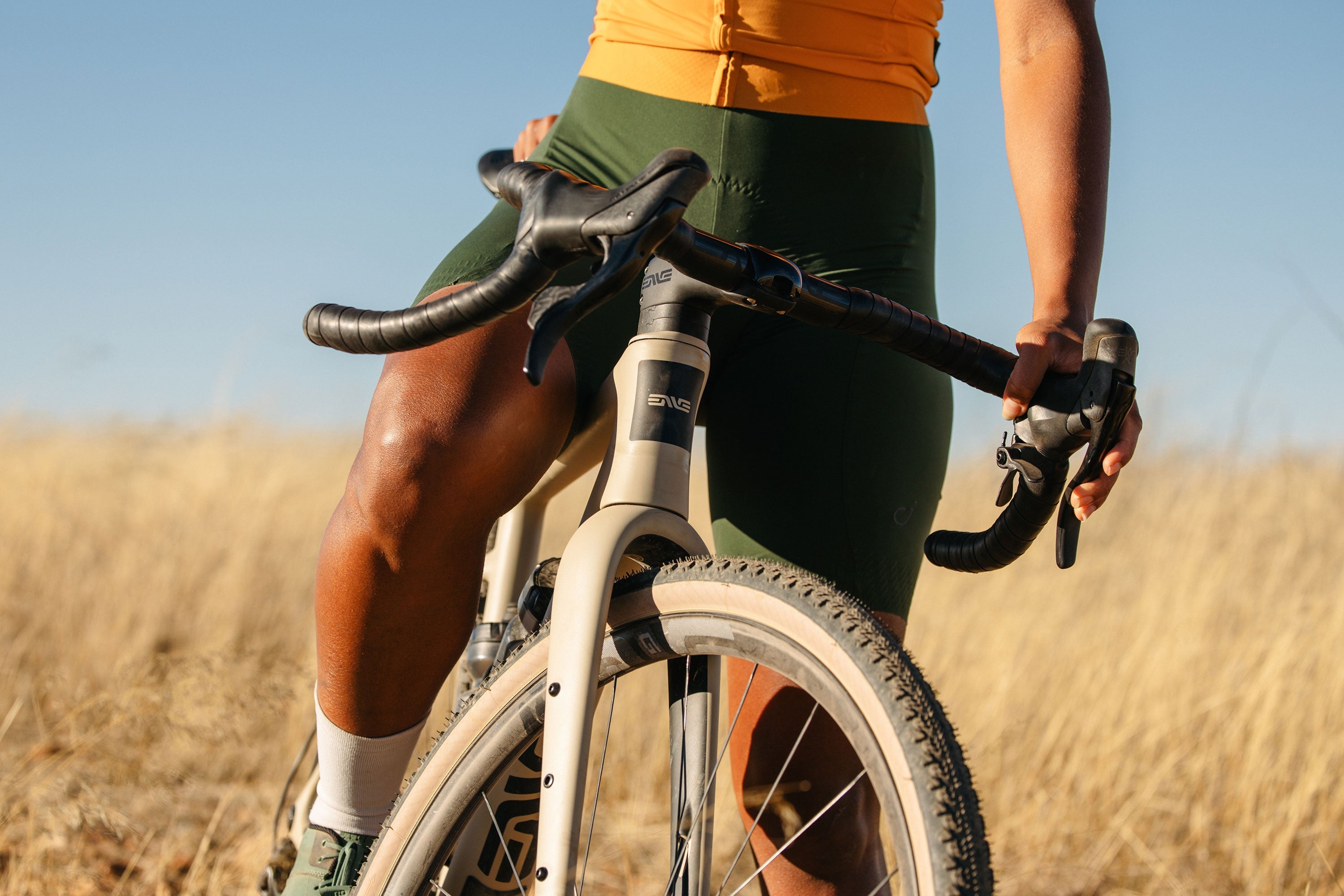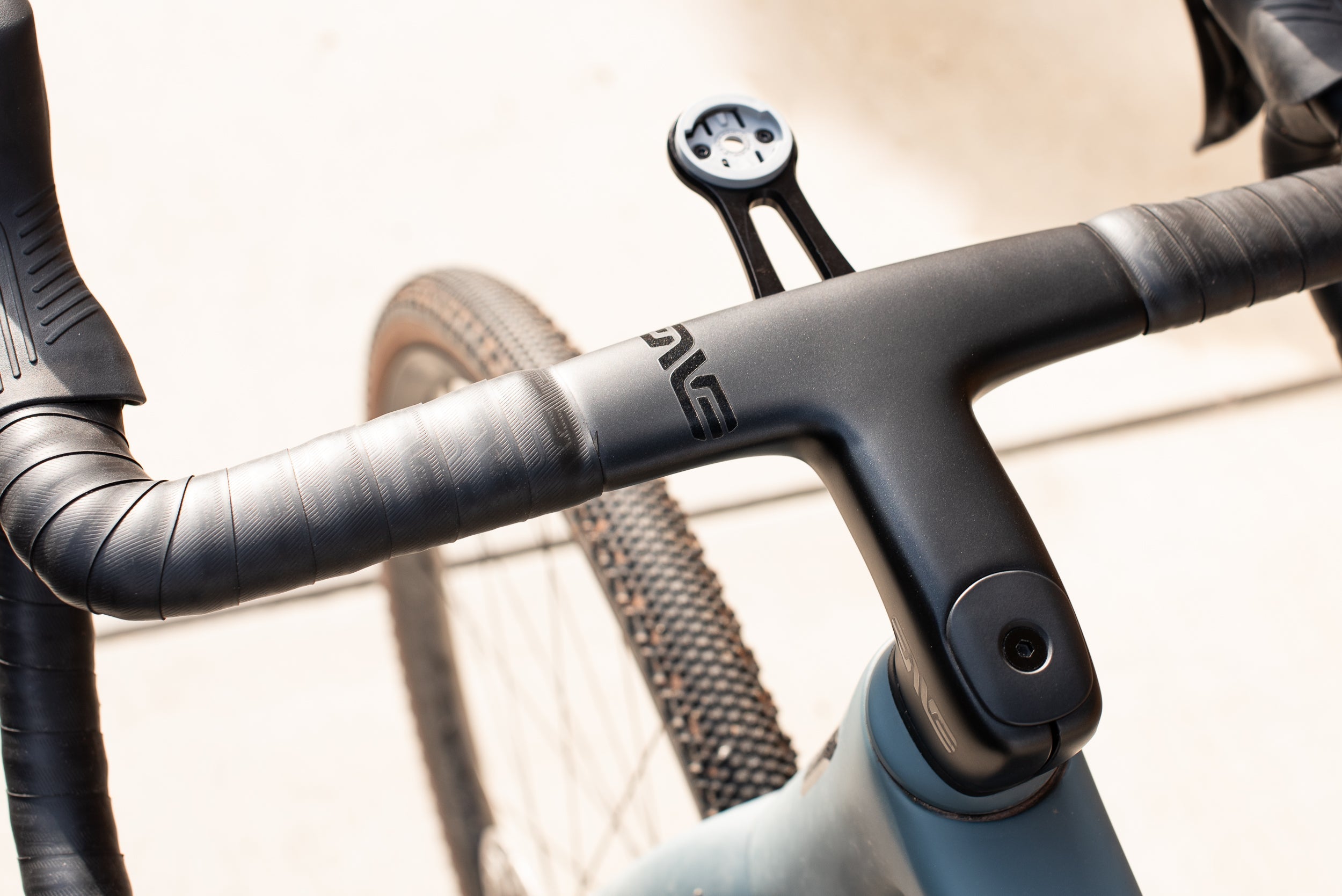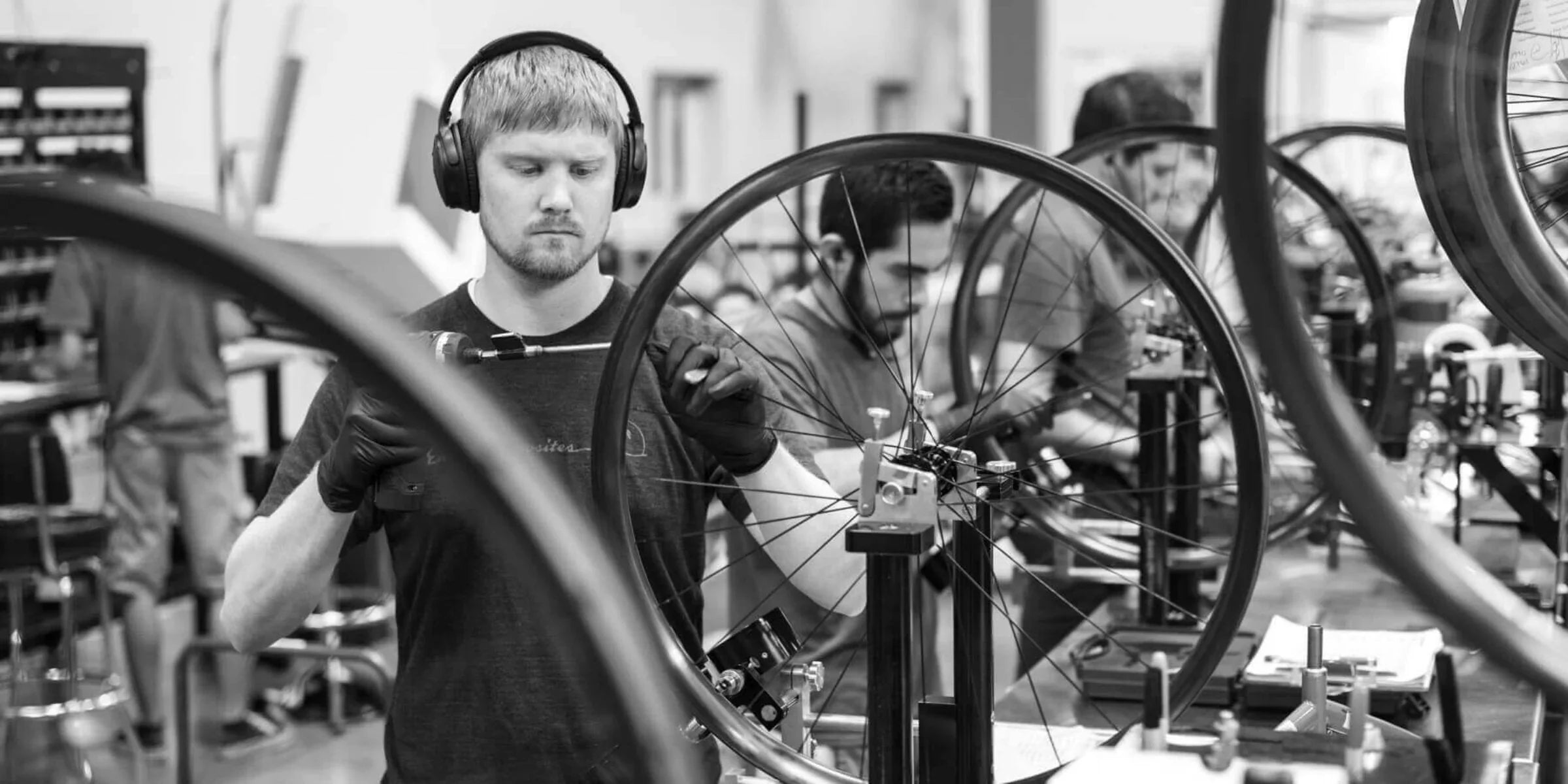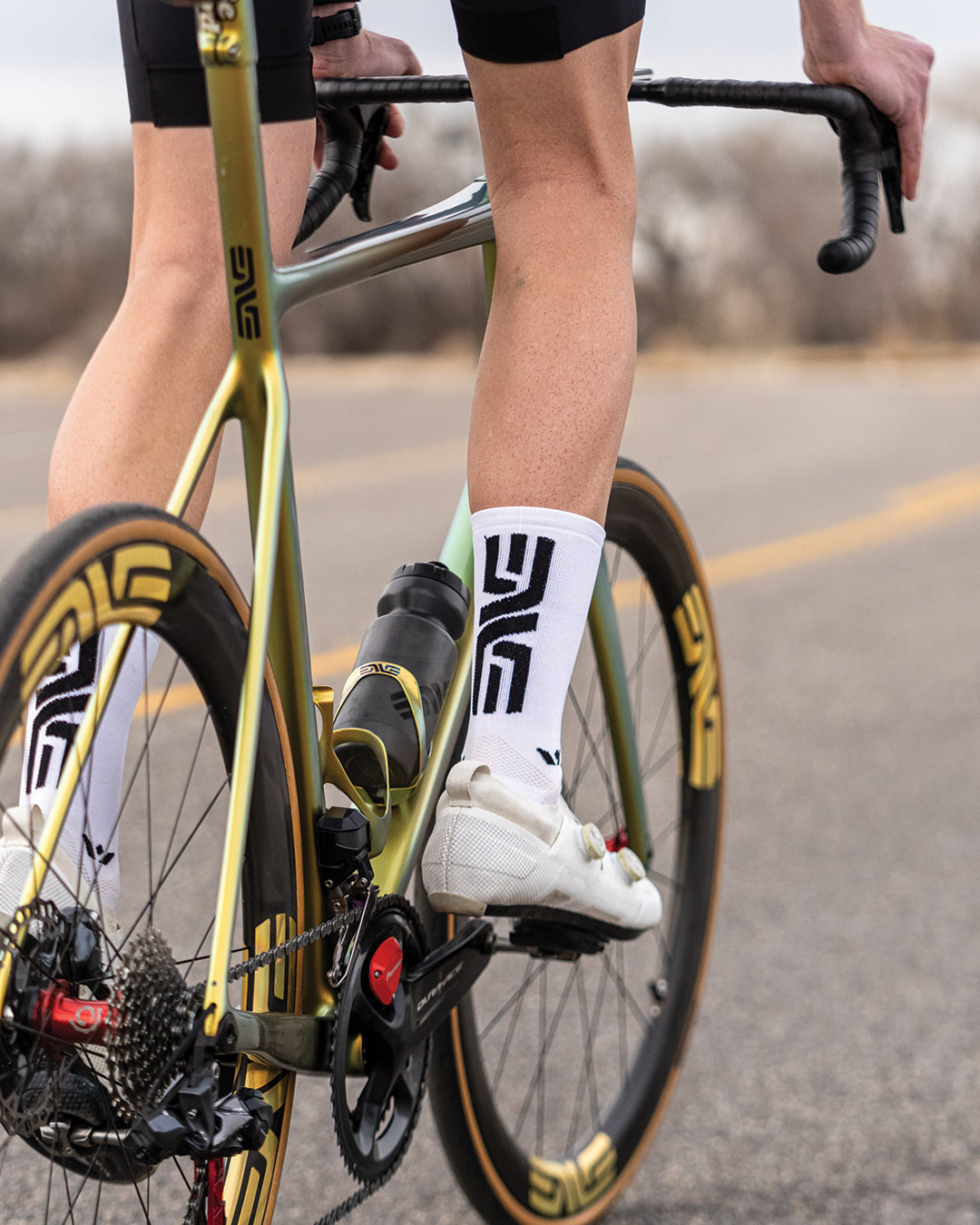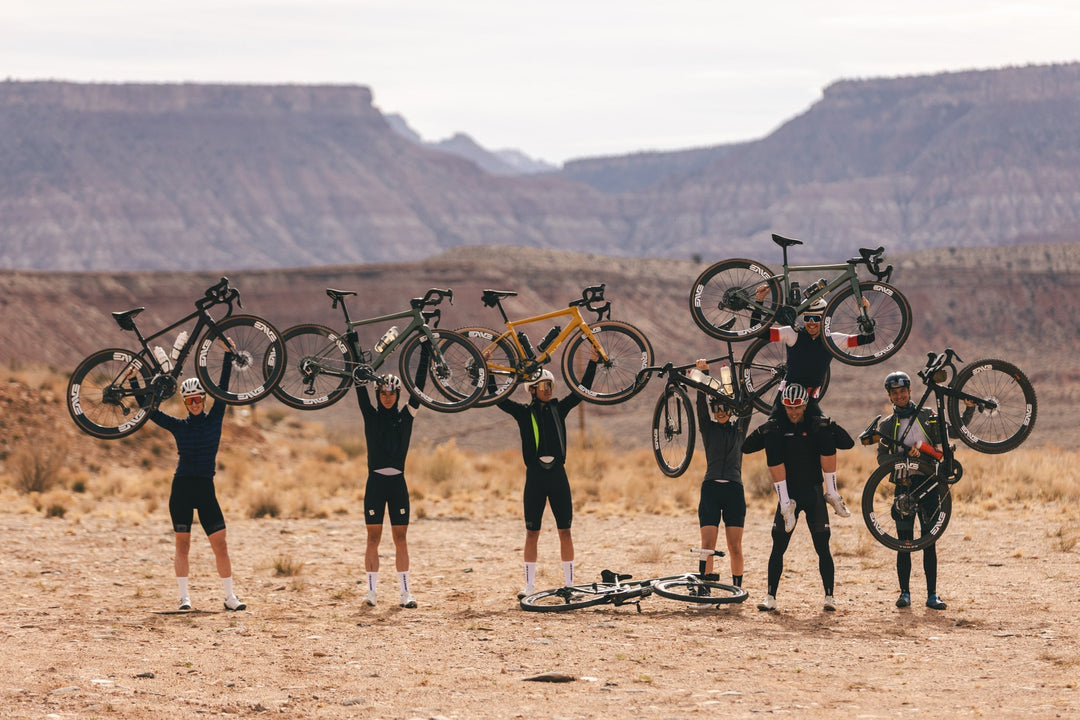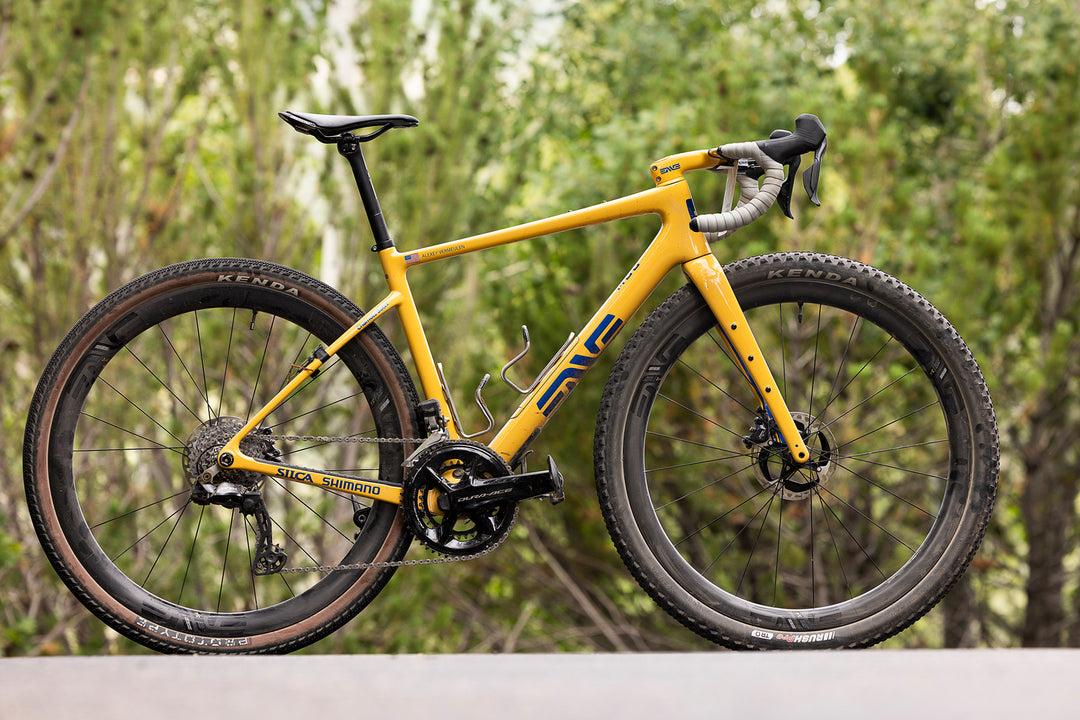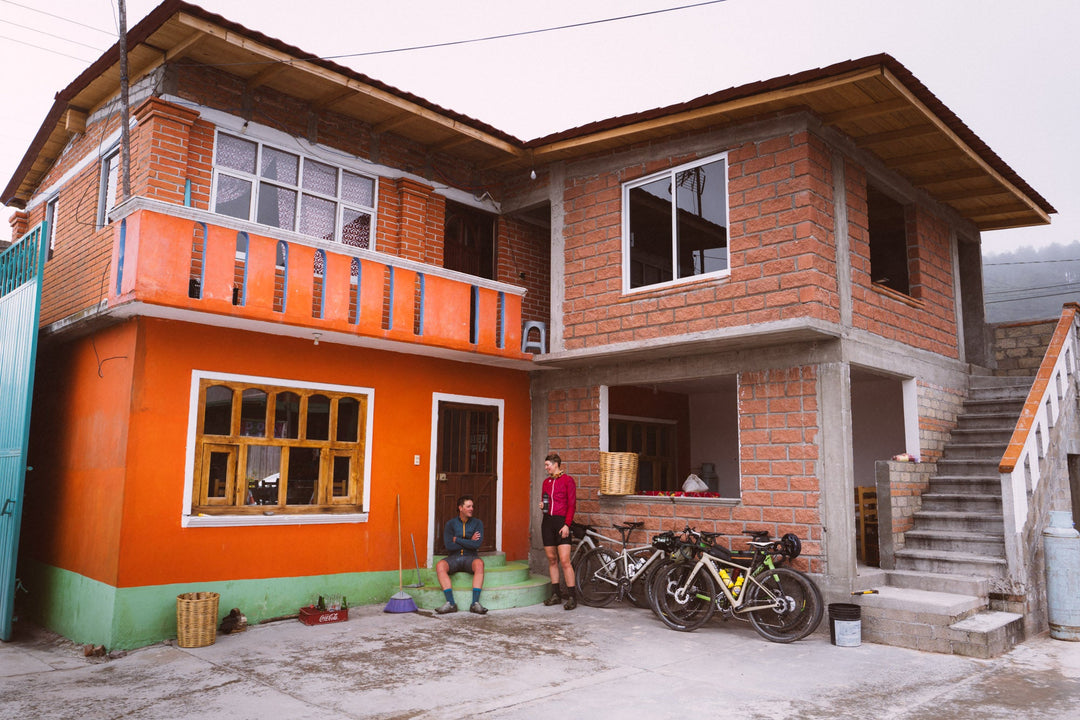Team Dimension Data’s Historic Visit to Robben Island
TEAM DIMENSION DATA’S HISTORIC VISIT TO ROBBEN ISLAND
DECEMBER 1ST, 2017
In 2014, just as ENVE was looking for a special team to sponsor, one with a true purpose beyond results, Team Dimension Data principle Doug Ryder asked his riders which wheels they wanted to ride the following season. ‘ENVE,’ they told him. It was a perfect match and a true partnership was born, one that transcends even the racing success and critical product development. Now, as the team embarks on a new challenge to place an African rider on the podium of the Tour de France by 2020, we take you inside the team throughout the winter to find out how they’re working towards that goal. Stay tuned for new stories every week.
Photographs by Scott Mitchell
On 18 July 2015, Steve Cummings won stage 14 of the Tour de France in spectacular, fairytale fashion. Not only was it an incredibly exciting finale with a victory born of strength and race craft in equally massive measures, and on the team’s debut in the race no less, but it came on Mandela Day. It was perfect.
During Dimension Data for Qhubeka’s recent team camp in Cape Town, we joined the riders and staff on a visit to Robben Island, where Mandela spent 18 years in prison. His incarceration totaled 27 years; that’s the same as the average age of Team Dimension Data’s 2018 roster and just one more reason why being there resonated so strongly with everyone on the team.
The visit was the idea of captain Bernie Eisel and he explained the motivation to us: “We did the hikes up Table Mountain and Signal Hill in previous years for team building. They’re good, but it’s just sweating. I wanted us to do something more significant. Coming here, we see the real story of this country.”

Team principal Doug Ryder was delighted at his riders’ enthusiasm for the visit and almost overwhelmed by the depth of the connection: “We’re a South African team, we make a big thing of celebrating Mandela and Mandela Day, we’re Laureus Sport For Good ambassadors, which was started by Mandela with Johann Rupert, and Mandela’s birthday will always be during the Tour de France. That sort of story you can’t make up.”
It was at the inaugural Laureus World Sports Awards in 2000 that Nelson Mandela famously said, “Sport has the power to change the world. It has the power to inspire. It has the power to unite people in a way that little else does.” That idea had begun five years previous, when South Africa hosted the Rugby World Cup – the first major sports event there since the end of apartheid – and Mandela saw an opportunity to bring the country together in support of their team, the Springboks. The inspiring story of that team’s ultimate, against-the-odds victory and the remarkable success of Mandela’s idea was turned into a Hollywood movie, /Invictus/, in 2009. It’s well worth watching, but the Dimension Data team were treated to a far more personal retelling by none other than the manager of the 1995 Springboks, Morné du Plessis:
“Rugby had been the white man’s sport. Mandela did an incredible thing and embraced the team against all the advice from those around him. He said, ‘These are our boys now and we must support them.’ He came to a training session wearing a team cap and that day I saw the beginning of a mind shift in the team. He could have hated us but here he was supporting us.
“After we beat Australia, the team decided to visit Robben Island and understand for ourselves, just like your cycling team. We went in his cell and I remember seeing rugby players with tears in their eyes. When they stood there, they really understood the act of forgiveness that had taken place.
“Before the final, the team was getting ready and everyone was quiet. Then there’s a knock and Madiba is there with his big, beautiful smile and wearing a Springboks jersey. He went around the changing room and knew every player’s name. After that the mood was lifted, the players bantered. As always, I was the last one out of the changing room, locking it behind me. I walked out into the stadium to hear the most incredible sound of 65,000 mostly white fans chanting “Nelson! Nelson! Nelson!”. It was a miracle.”

That summer, a new South Africa was born, and so was Nicholas Dlamini, the rider tipped to be the first black South African to ride the Tour de France having just joined from the Continental feeder team. That he is slated to make his Tour debut in 2020 as his white countryman Louis Meintjes aims for the podium is entirely fitting. The possible importance of that has already been noted.
“Morné du Plessis is a national treasure,” says Doug Ryder. “He hadn’t come back to Robben Island since he visited with his team in ’95, and he said he came back now because he believes that this team can do the same thing for the country. I was staggered.
“When we won the 1995 World Cup and Mandela was there in the Springbok jersey, all of South Africa went ballistic. I was 24. It was the most magical year.”
Our tour guide for the day, Zozo Madolo, had himself been imprisoned on Robben Island with Mandela for five years. When we came to Mandela’s cell he said, “Who is Steve Cummings?”, because he knew that he’d won on Mandela Day. He wanted to shake his hand. As they had a photo taken together, any doubts about the potential impact of a cycling team vanished.
Afterwards, I ask Steve Cummings if his 2015 stage win feels even more special now. He tries to reply but simply can’t find the words. That’s all the answer you need.
Dimension Data for Qhubeka is known as Africa’s Team. As we all walk out towards the ferry, most in quiet contemplation of what they’ve just experienced, that moniker has gained a new depth of meaning.



